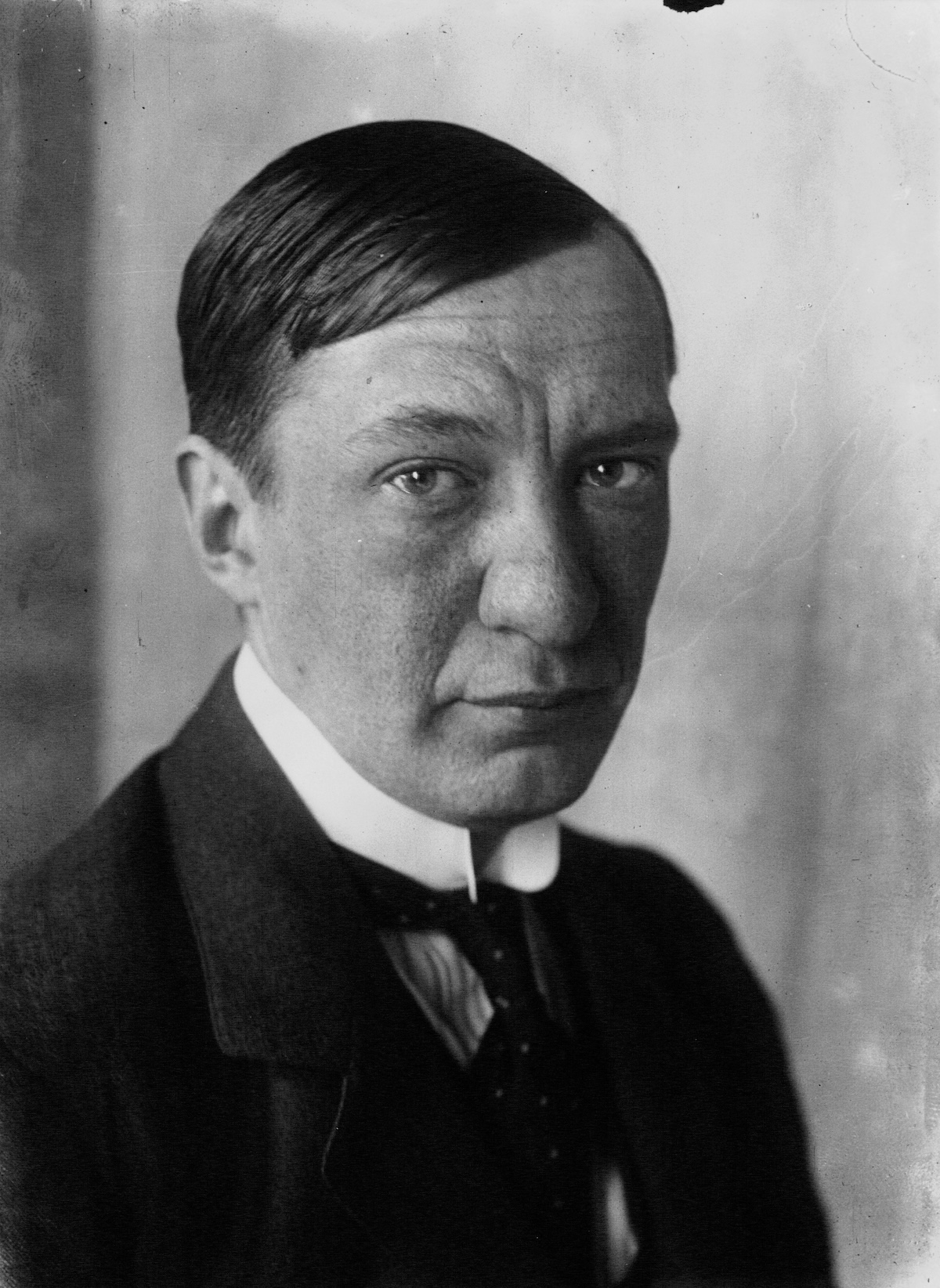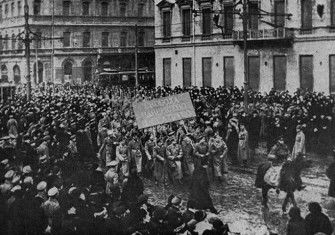Kerensky in Hindsight
Alexander Kerensky, the last Russian premier before the Bolsheviks took power, decided to continue the war with Germany. He and his nascent democracy would pay the price.

‘Which Russian revolutionary leader is buried in Putney?’ It is a good question for a pub quiz. The head of Russia’s Provisional Government, Alexander Kerensky, was buried near Wimbledon Common in 1970. The 100th anniversary of the Russian Revolution offers an opportunity to revisit this figure whose impact, though fleeting, was of major importance.
Kerensky was born in Simbirsk (now Ulyanovsk) in 1881. Members of his family were friends with Lenin’s; his father taught the young Vladimir Ulyanov. After university in St Petersburg, Kerensky, who had wanted to be an actor, became a lawyer defending revolutionaries and was elected to the Fourth Duma in 1912 as a member of the Trudoviks, a non-Marxist party associated with the Socialist Revolutionary Party. A brilliant orator, he became the parliamentary leader of the socialist opposition to the government of Nicholas II and, in February 1917, called for opposition to the tsar’s decree to dissolve the Duma, encouraging the garrison soldiers to revolt and arrest tsarist ministers.







